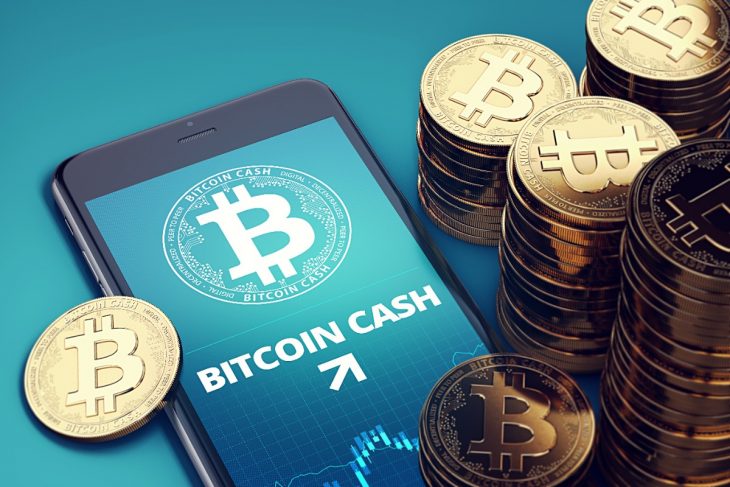People have questioned Bitcoin’s ability to scale effectively since its inception. Miners process, verify, and store Bitcoin transactions in a blockchain, which is a digital ledger. Blockchain is a game-changing ledger-recording technology. And this makes logs far more difficult to manipulate because the truth is verified by majority rule rather than by an individual actor. This network is also decentralized; it exists on computers worldwide.
The Bitcoin network’s blockchain technology is slow, especially compared to banks that handle credit card transactions. For example, Visa Inc. (V) processes an average of 564 million transactions daily, or approximately 6,527 per second.
Discussions about Bitcoin technology center on the central issue of speeding up the transaction verification process. Developers and cryptocurrency miners have proposed two leading solutions to this problem:
The first is to reduce the data that should be verified in each block, resulting in faster and less expensive transactions. The second step is to make data blocks larger to improve information processing at once. These solutions gave rise to Bitcoin Cash (BCH). To invest in the bitcoin network, click on Bitcode Prime to learn and get started.
What Distinguishes Bitcoin Cash from Bitcoin
The differences between Bitcoin and Bitcoin Cash grew over time as developers on each network pursued different goals. The disparity between these cryptocurrencies has grown so great that people currently think about several crypto assets before investing.
Adjustment of Difficulty
One of the primary differences between Bitcoin and Bitcoin Cash is the difficulty adjustment algorithm added to BCH. Because both networks utilize the same SHA-256 hashing scheme, Bitcoin miners can move to the Bitcoin Cash network when it becomes more lucrative to mine.
And this means that the computing power behind the network can differ wildly depending on market fluctuations. The difficulty adjustment algorithm implies that the system generates blocks at a consistent rate every 10 minutes by either halving or doubling the difficulty if they are behind schedule.
Differences in Block Size
The principal distinction is related to each network’s block size. While Bitcoin’s block size remains 1 MB, Bitcoin Cash has expanded block sizes to 32 MB. And this means that BCH transactions are now less than a penny. Also, their processing can be at a rate of up to 200 transactions per second.
The blockchain’s size hasn’t grown significantly because Bitcoin Cash hasn’t processed sufficient transactions to fill up its extra block space. Bitcoin SV (BSV) aims to increase the block size to 1 TB, and the blockchain is currently bigger than Bitcoin’s.

